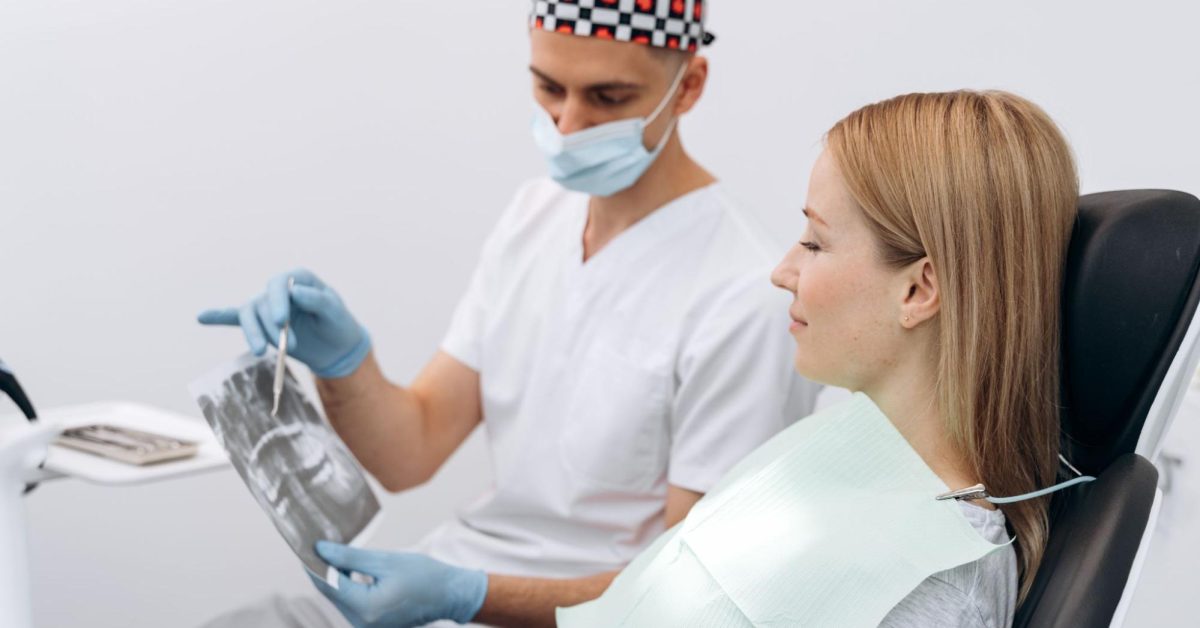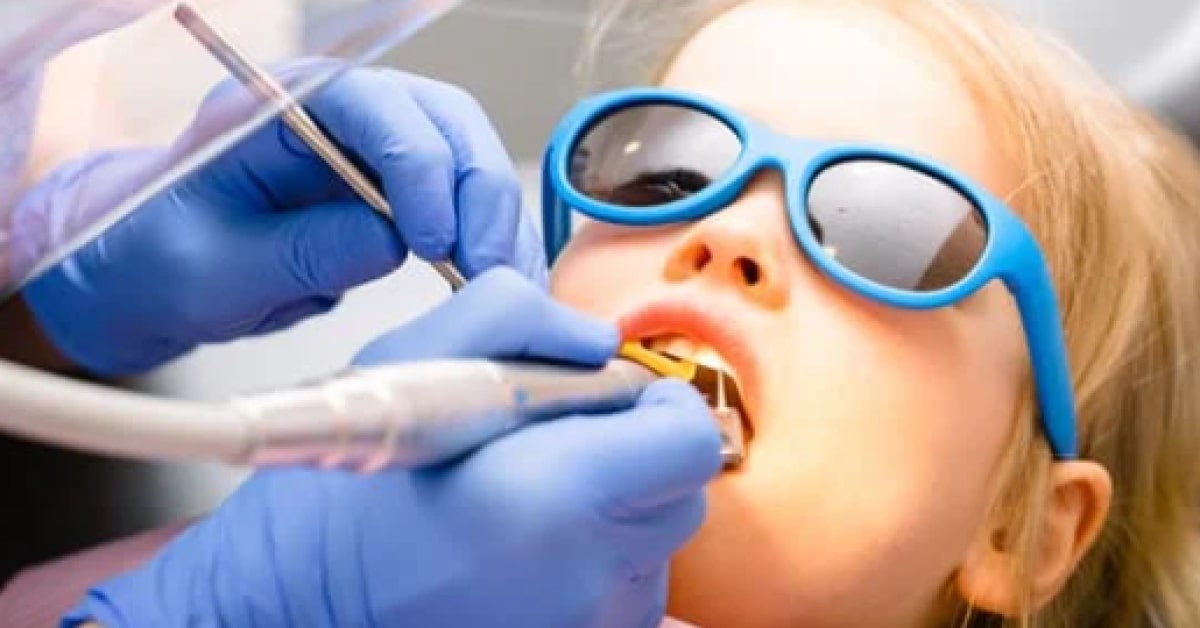Blog
March 01, 2023 • 10 mins readDental Treatments and Cancer Patients. Finding a Balance Between Care
Learn more about to finding a balance between dental care and cancer treatments. With best practices of dental care for cancer patients.
Author
Danielle Duncan

In this Article
Cancer is, unfortunately, prolific in modern life, but, through medical breakthroughs survival of cancer patients is increasing overall. Due to the increased survival rate and because of how common cancer is, it is likely that most dental healthcare providers will encounter patients with a history of or who are currently undergoing treatment for cancer.
Due to the potential oral complications of cancer therapy, IE: developing during treatment, or delayed onset; it is common for dental providers to find themselves in the trenches of caring for patients who are experiencing complications of their oral health due to the treatment of their cancer.
Some more common complications related to cancer therapies are opportunistic infection (Fungal or Viral), mucositis, taste disturbance, salivary gland dysfunction, and pain.
Due to these complications, the National Cancer Institute (NCI) recommends that dental professionals be included in a patient’s cancer care team. Many of these patients are also encouraged to see their dentist up to four weeks prior to initiating cancer treatment whenever possible, to allow for healing of any necessary dental work before treatment begins.
Routine, effective oral hygiene is essential before and throughout cancer treatment to prevent the occurrence or severity of adverse oral effects caused by cancer therapy.
Causes of oral decline during cancer treatment:
Neck and head radiation and chemotherapy can be the cause of mouth problems that can range in severity such as dry mouth to life-threatening infections due to dry mouth or improper oral hygiene.
An example of this would be mouth sores that have been caused by chemotherapy and radiation. During these treatments, fast-growing cells such as cancer cells are killed, however, these treatments can also kill off healthy cells that are fast growing IE: cells in the mouth lining.
Radiation and chemotherapy in the head and neck can also cause damage to the salivary glands, reducing the amount of saliva that is produced. If these glands are damaged, without enough saliva, infection and tooth decay can develop quickly.
Potential oral symptoms of head and neck radiation:
- Dry mouth
- Tooth decay (Ranging in severity)
- Sore mouth and gums
- Infections
- Loss of or change in taste
- Stiffness in the jaw
- Jawbone changes
Potential oral symptoms of Chemotherapy:
- Dry mouth
- Loss of or change in taste
- Painful gums and mouth
- Burning, peeling, or a swollen tongue
- Mouth ulcers
- Infection
Prevention of oral and dental side effects
Patients who have a good history of appropriate dental hygiene before they begin treatment for cancer typically have a lower risk of developing major dental side effects.
Keeping dental professionals in the loop during cancer treatment allows them to work in tandem with an oncologist to provide the best possible plan of care.
Keeping a good oral hygiene routine is an important step that can be accomplished at the patient’s home. Brushing, flossing, and using (dentist-approved) mouthwash or fluoride gel twice a day or as directed can help to prevent excessive oral decline.
It is important that patients discuss any gum bleeding or pain during brushing and flossing.
Drinking plenty of water and sugarless drinks as advised by a dental professional:
Keeping hydrated can help to manage dry mouth caused by damage done to the salivary glands. Sucking on ice chips or sugar-free gum may also help to stimulate more saliva production to help dry mouth symptoms.
A dentist may also prescribe oral gels or other medications to treat dry mouth to prevent excessive tooth decay and risk for infection.
Billing Medical Insurance for Treatment in Cancer Patients
Another thing to consider when treating cancer patients is their out-of-pocket expenses. Cancer treatment as a whole can be extremely expensive and put pressure on patients who are already undergoing a lot of stress.
It is possible to relieve some of the pressure by billing medical insurance for approved dental treatments for cancer patients.
Imagn Billing can help guide you in how to bill medical insurance for dental procedures for patients undergoing chemotherapy and radiation!



